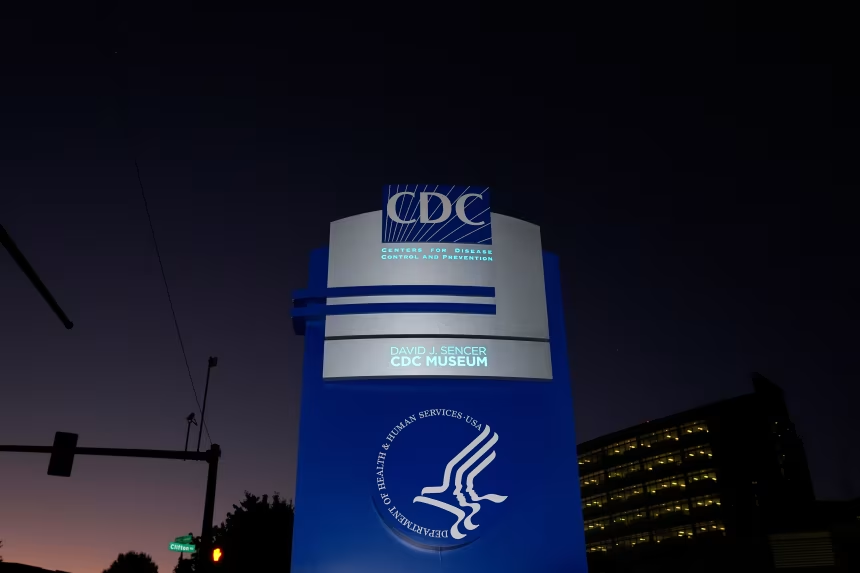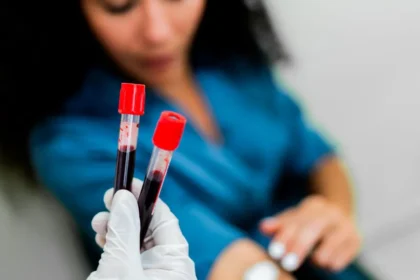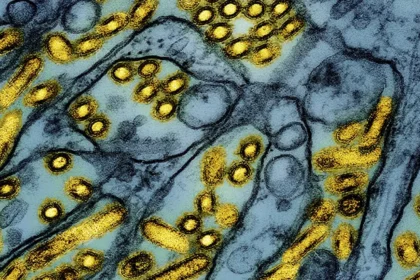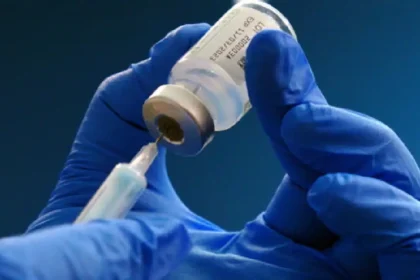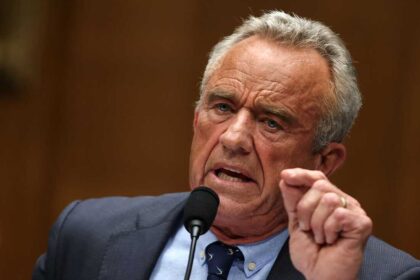U.S. Health and Human Services Secretary Robert F. Kennedy Jr. is preparing to appoint up to seven new members to the Advisory Committee on Immunization Practices (ACIP), an influential vaccine advisory panel to the Centers for Disease Control and Prevention (CDC), according to a former federal official who reviewed a list of candidates under consideration.
ACIP is responsible for reviewing scientific data on vaccines and making recommendations to the CDC on their use. While the CDC director is not legally required to follow these recommendations, they are typically accepted. ACIP’s guidance also affects insurance coverage, as vaccines recommended by the panel must be covered with no cost-sharing, and many states require ACIP approval before updated COVID-19 vaccines and other immunizations can be administered by certain healthcare providers.
In June, Kennedy abruptly removed all 17 sitting members of ACIP, citing “persistent conflicts of interest” without presenting evidence. Researchers from the University of Southern California recently found that conflicts of interest on the committee had been at historic lows for several years.
Kennedy swiftly replaced those members with eight of his own picks, though one withdrew during vetting due to financial conflicts. Several of the new appointees have expressed controversial views about vaccines, including claims that COVID-19 shots have caused “unprecedented levels of death and harm in young people,” statements not supported by scientific consensus.
The list of potential new appointees was first reported by Dr. Jeremy Faust, an emergency physician at Brigham and Women’s Hospital, through his “Inside Medicine” newsletter. The names are preliminary, undergoing vetting, and may not all be appointed.
Former ACIP members note that the vetting process typically takes two to three months before new candidates are confirmed. The next ACIP meeting is scheduled for September 18-19, with discussions planned on COVID-19 vaccines as well as vaccines against hepatitis B, measles-mumps-rubella (MMR), and respiratory syncytial virus (RSV).
At least four individuals being considered for ACIP have publicly expressed skepticism about vaccines or criticized the U.S. response to the COVID-19 pandemic. Several did not respond to requests for comment.
Dr. Joseph Fraiman, an emergency physician, co-authored a 2022 study claiming an excess risk of serious adverse events from mRNA COVID-19 vaccines—a conclusion widely challenged by independent fact-checkers as flawed. At a 2022 roundtable hosted by Florida Governor Ron DeSantis, Fraiman called the description of COVID-19 vaccines as “safe and effective” a “lie.”
Dr. Cathy Stein, a geneticist at Case Western Reserve University, has criticized pandemic-related measures such as mask mandates and business closures. She co-authored a paper on flawed pandemic modeling for Health Freedom Ohio, a group linked to Children’s Health Defense, an anti-vaccine organization founded by Robert F. Kennedy Jr.
Dr. John Gaitanis, a pediatric neurologist, has supported plaintiffs in a vaccine injury case under the National Vaccine Injury Compensation Program and received over $56,000 in related fees, according to court records.
Dr. Kirk Milhoan, a pediatric cardiologist, appeared at a 2024 panel led by Rep. Marjorie Taylor Greene, where he claimed COVID-19 vaccines caused heart-related deaths and disabilities, citing a Cleveland Clinic study. Fact-checkers have described his interpretation as inaccurate.
Other candidates under consideration include Dr. Hillary Blackburn, a pharmacist; Dr. Evelyn Griffin, an obstetrician-gynecologist; and Dr. Raymond Pollak, a transplant specialist known for whistleblowing on a hospital’s manipulation of patient diagnoses to increase transplant numbers.
An HHS spokesperson declined to confirm the list of potential appointees, stating, “You will hear it from us when there are new members to announce.”


